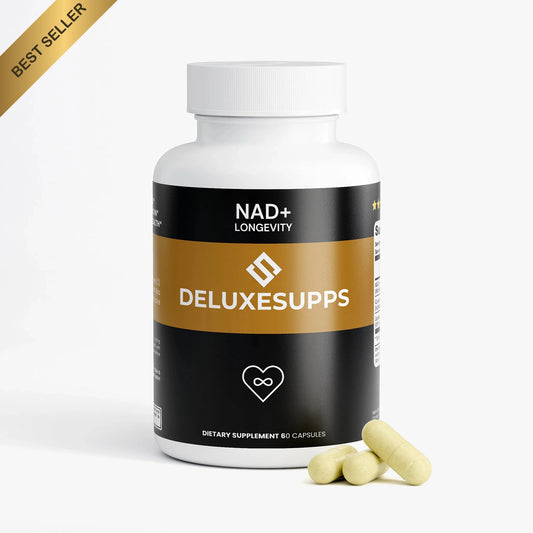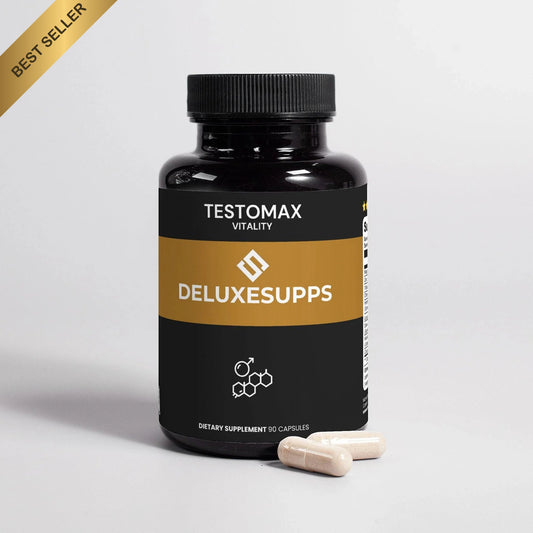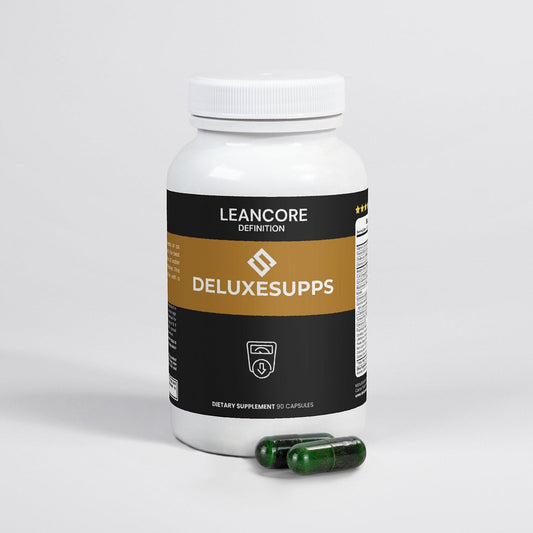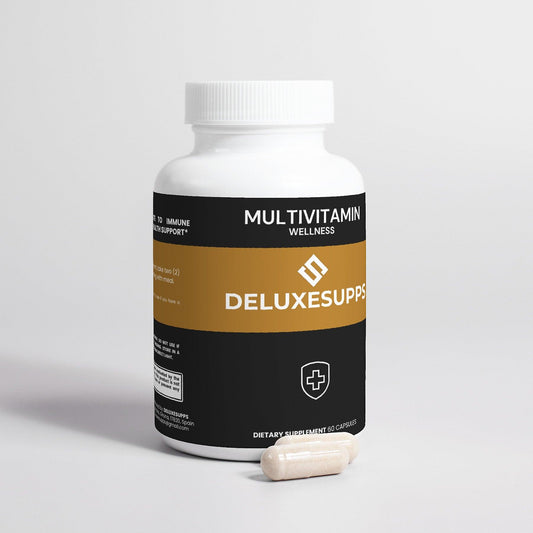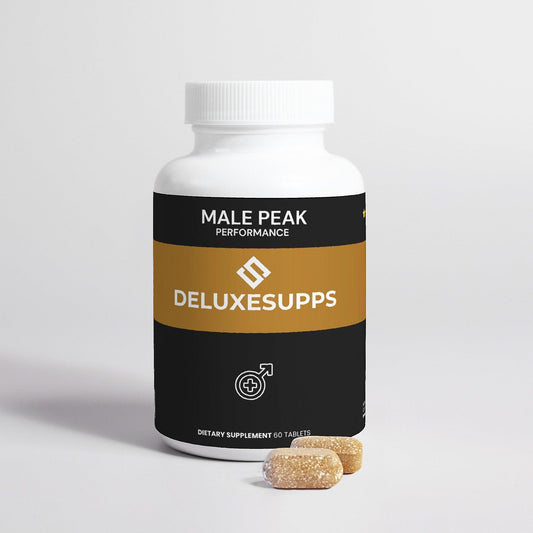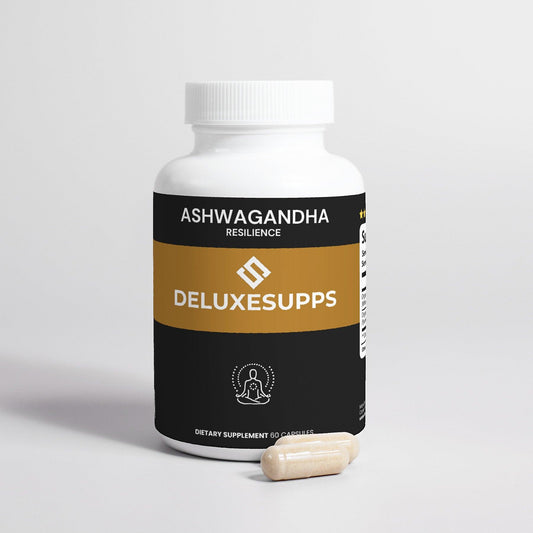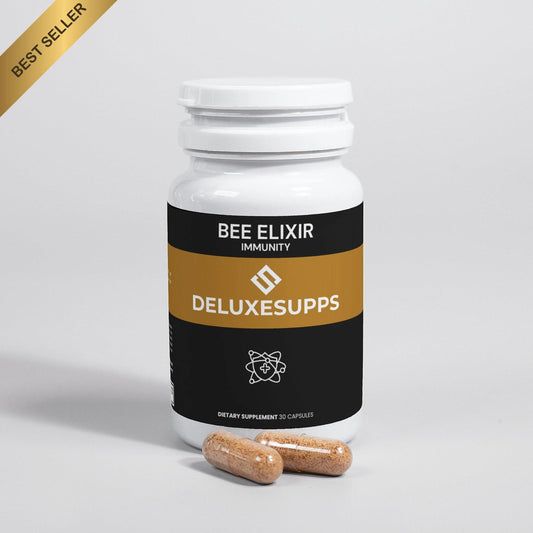
Prebiotic vs Probiotic; Although these two are closely related, they serve distinct roles in gut health. This article explores their differences, how they work together, and why both are essential for a healthy digestive system.
Gut health has become a hot topic in the wellness world—and for good reason. A balanced digestive system can influence everything from mood and immunity to skin clarity and nutrient absorption. But when it comes to supporting your microbiome, people often ask: Prebiotic vs probiotic—what’s the difference?
What Are Probiotics?
Probiotics are live microorganisms—mainly bacteria and some yeasts—that provide health benefits when consumed in adequate amounts. Often referred to as “good” or “friendly” bacteria, they help keep your gut microbiome in balance.
Common Probiotic Strains:
- Lactobacillus – Supports digestion, particularly of lactose
- Bifidobacterium – Helps regulate the immune system and intestinal bacteria
- Saccharomyces boulardii – A beneficial yeast that supports gut health
Probiotics are found naturally in fermented foods like:
- Yogurt
- Kefir
- Sauerkraut
- Kimchi
- Miso
- Tempeh
They are also available in supplement form, such as the DeluxeSupps Probiotic Supplement, which provides a concentrated dose of clinically researched strains.
What Are Prebiotics?
Prebiotics are non-digestible fibers that act as food for probiotics. They aren’t bacteria themselves, but they fuel the growth and activity of beneficial microbes in your gut.
Common Prebiotic Sources:
- Chicory root
- Garlic
- Onions
- Asparagus
- Bananas (especially underripe)
- Whole grains like oats and barley
Prebiotics are classified as dietary fibers, specifically inulin, fructooligosaccharides (FOS), and galactooligosaccharides (GOS). These compounds pass through the upper digestive tract undigested and are fermented by gut bacteria in the colon.
Prebiotic vs Probiotic: The Core Differences
| Feature | Prebiotics | Probiotics |
| What they are | Indigestible plant fibers | Live beneficial microorganisms |
| Function | Feed and stimulate growth of good bacteria | Add good bacteria directly into the gut |
| Found in | Fruits, vegetables, legumes, whole grains | Fermented foods and supplements |
| Survivability | Not affected by heat or stomach acid | Sensitive to heat, moisture, and stomach acid |
| Benefit Timeline | Gradual and foundational | Faster-acting for acute digestive issues |
Understanding this distinction is key to optimizing your gut health routine.
Why You Need Both
Think of your gut like a garden. Probiotics are the seeds, and prebiotics are the fertilizer that helps those seeds grow. You can’t have a thriving garden without both.
When taken together—a combination known as synbiotics—the effects are often more profound:
- Better digestive regularity
- Reduced bloating and gas
- Improved immune response
- Enhanced nutrient absorption
- Stabilized mood and reduced brain fog
For example, one study published in The American Journal of Clinical Nutrition found that combining prebiotic fibers with certain probiotic strains enhanced overall gut microbiota composition and immune function source.
Benefits of Probiotics
Probiotics support various aspects of health:
1. Digestive Support
They help restore balance after antibiotic use, reduce bloating, and alleviate symptoms of irritable bowel syndrome (IBS).
2. Immune Function
Up to 70% of your immune system resides in your gut. Certain probiotic strains boost immune defense and reduce infection risk.
3. Mental Health
There’s a growing body of evidence around the gut-brain axis, suggesting probiotics may help reduce symptoms of anxiety and depression source.
4. Skin Health
Probiotics can help with conditions like acne, eczema, and rosacea by balancing internal inflammation and immune activity.
Benefits of Prebiotics
While not as widely marketed, prebiotics are just as important:
1. Improved Gut Flora
They help beneficial bacteria flourish, which in turn supports digestion, reduces inflammation, and promotes a balanced pH.
2. Better Calcium and Magnesium Absorption
Prebiotics can improve the body’s uptake of important minerals for bone and metabolic health.
3. Reduced Risk of Colon Disease
Some prebiotics produce short-chain fatty acids (SCFAs) like butyrate, which have anti-inflammatory properties and may protect against colorectal cancer source.
Signs You May Need Probiotics
- You’ve recently taken antibiotics
- Frequent bloating, gas, or diarrhea
- Yeast or urinary tract infections
- Skin flare-ups like acne or eczema
- Mood swings or brain fog
In these situations, supplementing with a quality probiotic like the DeluxeSupps Probiotic Supplement can help restore gut harmony quickly.
Signs You May Need Prebiotics
- Low fiber intake
- Frequent sugar cravings
- Constipation or irregularity
- Recurring digestive issues despite probiotic use
- Weakened immune response
If you’re feeding your gut the wrong “fuel,” even the best probiotics won’t thrive. That’s why a combination approach is most effective.
How to Take Probiotics and Prebiotics Together
You can consume both through diet or supplements, or a mix of both.
Timing:
- Probiotics: Best taken on an empty stomach (morning or 30 minutes before meals) to survive stomach acid
- Prebiotics: Can be taken any time, but consistency is key
Pairing Example:
- Morning: Take your probiotic supplement
- Day: Eat meals rich in fiber like oats, bananas, or asparagus
- Optional: Choose a synbiotic supplement that combines both
What to Look for in a Probiotic Supplement
When shopping for a probiotic, consider:
- Multiple strains: Look for blends of Lactobacillus and Bifidobacterium
- CFU count: At least 10 billion CFUs per serving is ideal
- Delayed-release capsules: Help survive stomach acid
- Third-party testing: Ensures potency and purity
Our DeluxeSupps Probiotic Supplement is crafted with premium strains and encapsulation technology to deliver results without refrigeration.
Potential Side Effects
Both probiotics and prebiotics are generally well tolerated, but mild side effects can occur:
Probiotics:
- Temporary bloating or gas
- Possible interaction with immunosuppressants
Prebiotics:
- Gas or bloating if introduced too quickly
- Digestive discomfort at high doses
Start slow and increase gradually to minimize these effects.
FAQs
Can I get enough probiotics and prebiotics from food alone?
Possibly, but it depends on your diet. Fermented foods and high-fiber plants must be consumed regularly. Supplements help ensure consistency.
Should I take probiotics every day?
Yes, consistency matters. Daily use helps maintain bacterial balance, especially if you're exposed to antibiotics, stress, poor sleep, or processed foods.
Can I take prebiotics and probiotics at the same time?
Absolutely. They work synergistically. This combination is known as a synbiotic and may enhance effectiveness.
Final Thoughts: Building a Better Gut
Understanding the difference between prebiotic vs probiotic is essential to making informed choices for your gut health. While probiotics deliver beneficial bacteria, prebiotics provide the nourishment those bacteria need to survive and thrive.
Together, they can transform not just your digestion—but your overall well-being.
Take the Next Step Toward Gut Health
Support your microbiome with DeluxeSupps Probiotic Supplement, formulated to deliver high-quality, effective strains that help you feel better from the inside out.
